The Poetry of Peace
On the 10th anniversary of 9/11 we offer an issue co-edited by Jeff Gundy and Ann Hostetler to commemorate a decade of peacemaking and peacbuilding. The poems and essay collected here, with commentary by the writers, express a range of voices attuned to the delicate and complex work of peace as both an interpersonal and cross-cultural endeavor. The issue closes with a meditation on William Stafford, a poet dedicated to peace, in the form of a sermon delivered by Jeff Gundy at First Mennonite Church in Bluffton on 9/11/2011.
In this issue:
-
1
read more
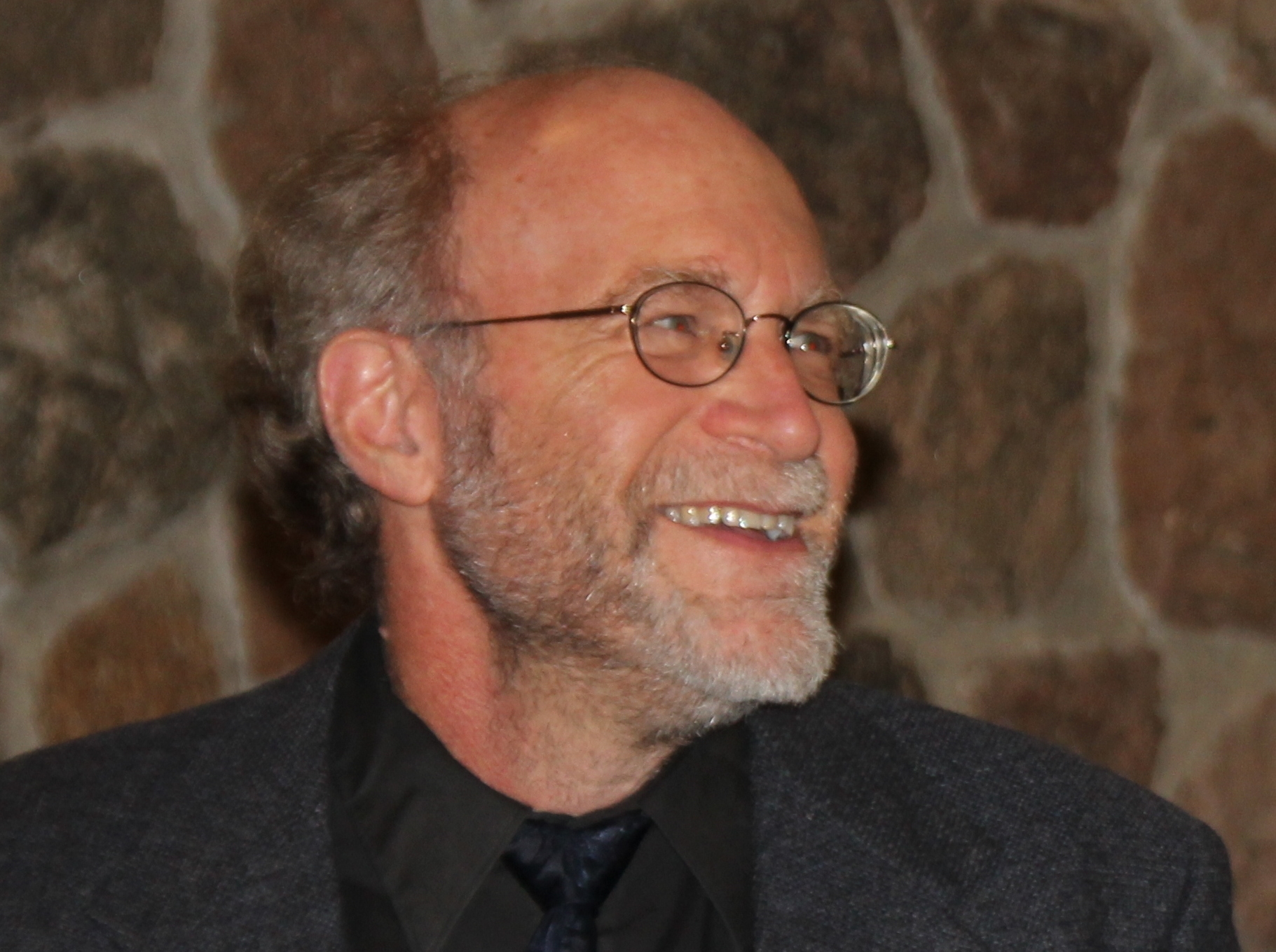
The Poetry of Peace
by Jeff GundyEvery Mennonite poet I know is an ardent peacemaker—and so are most of the other poets I know. Yet the wars go on—and, some have argued, poets (Mennonite and otherwise) ought to be doing more to protest and resist, to mobilize others for change. This small gathering of peace poems and reflections, most but not all by Mennonites, offers one glimpse of what poets are doing.
In an essay forthcoming in Mennonite Quarterly Review, I take some issue with recent claims by John Fisher and others that Mennonite poets do not write enough “peace poetry,” partly by uncovering poems …
-
1
read more
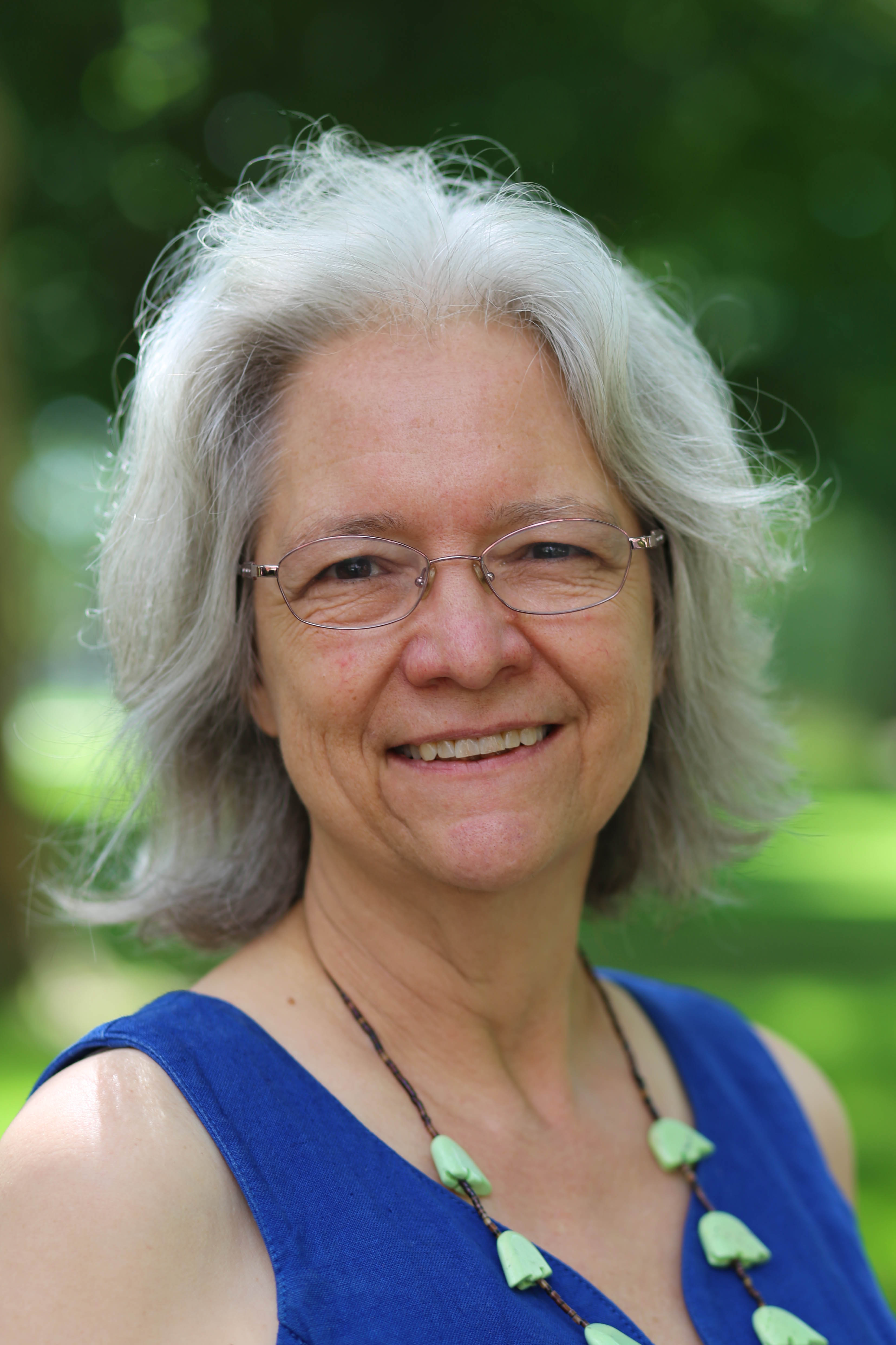
Some Notes on Poetry after 9/11
by Ann HostetlerOn September 11, 2001, I was co-teaching a Humanities Lab in mask making at Goshen College in Indiana when the towers fell in New York. In pairs students took turns smearing their faces with vaseline or laying moist plaster of paris strips on the prepared face of a partner. As the plaster masks were finished and began to dry, co-teacher John Blosser and I suggested the students use their masks to create a response to the day. Ten years later it seems appropriate to pause and reflect on the masks we have made as a culture in response to this …
-
0
read more
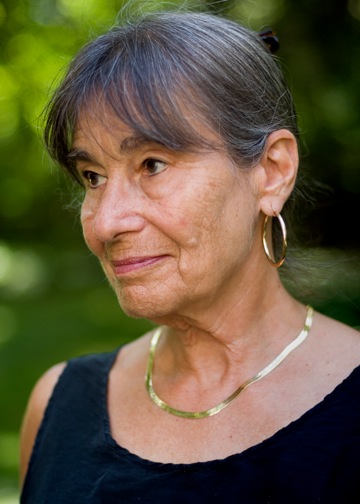
Ghazal: America
by Alicia OstrikerThe prophet Isaiah tells us that some day people "will beat their swords into ploughshares and their spears into pruning hooks; nation shall not lift up sword against nation, neither shall they learn war any more." That was about twenty-five hundred years ago, and I'm still waiting. But the truth is, through most of history, poets and writers have celebrated the idea of the warrior. Celebrated war. Glorified war. Only since the World War I and a few poets like Wilfred Owen has it become possible for masses of people--including poets--to see war as ugly and stupid. So we are really just beginning, just taking the first step on the path to peace.
-
0
read more
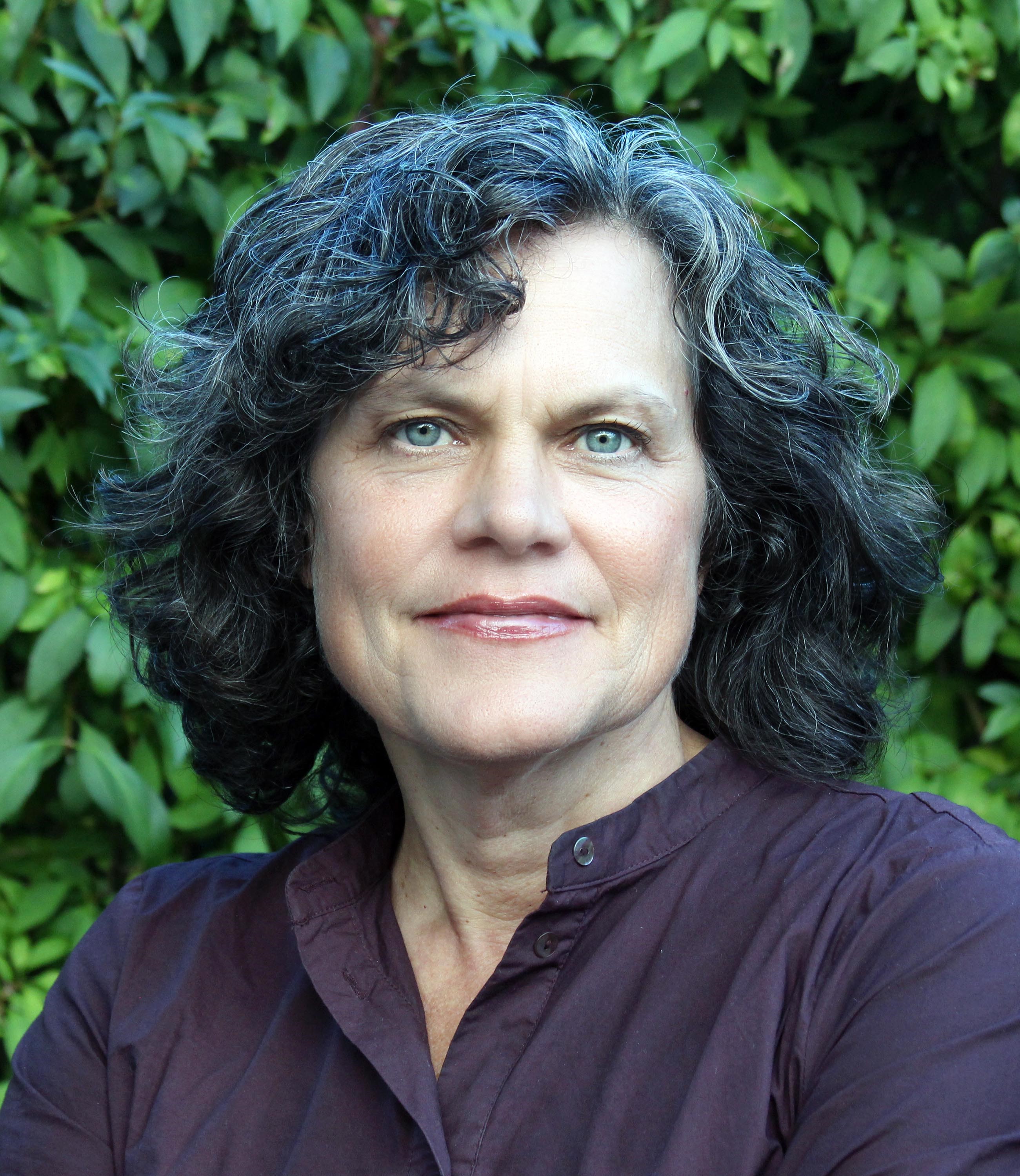
Two Poems
by Julia Spicher Kasdorf"We are against war and the sources of war. We are for poetry and the sources of poetry," says poet and activist Muriel Rukeyser (1913-1980) in The Life of Poetry, a strange book of poetics published in 1949 that I return to again and again. Her big idea—that poetry is an active force as potent as the weaknesses that can lead to war—I continue to ponder. Americans fear poetry because they fear feeling. The work of poetry is the task of discovering and sharing how we feel and how we remember. As a practice of emotional literacy, poetry has the potential to overcome the failures of imagination and vision that afflict human relations. When I was in graduate school, mid-1980s, all of Rukeyser’s work was out of print, so we staged public readings of her poems and prose. My teacher and final project advisor, Sharon Olds, had come to poetry in mid-life, as a student in Rukeyser’s workshops. No doubt Rukeyser’s ideas informed her pedagogical practice and work and come to us as influence. One of my classmates, Jan Freeman, founded Paris Press to reprint The Life of Poetry. And the longer I write, the more I find myself working in the public and personal and blatant ways that Rukeyser worked herself, especially in her later years.
-
0
read more
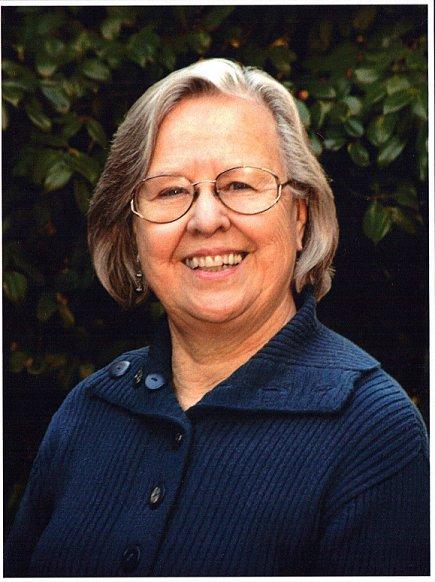
Heat
by Jean JanzenIn a poetry workshop years ago I was taught to test a poem with three questions: Is it true? Is it beautiful? Does it lead the reader to her own experience? I suggest that these same questions lie within the question: Is this a poem that promotes peace? When a poem reaches into the complexity and wonder of human existence, we are invited to move beyond prejudice and opinion, and sense our commonality. When the poem finds shape and music, we enter a beauty which draws us toward harmony in ourselves and with others. Because the mystery of the Transcendent is a truth we carry in our bodies, we seek language for holiness and grace which offers peace with the other and the Other.
-
0
read more
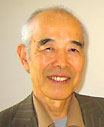
Two Poems
by Yorifumi YaguchiDuring the Second World War, I as a child experienced the air raid by the US airplanes. Since then, I have been huanted by the theme of war and peace. Jesus' "Blessed are the peacemakers" changed ;my life and I have been trying to write from this standpoint.
-
0
read more
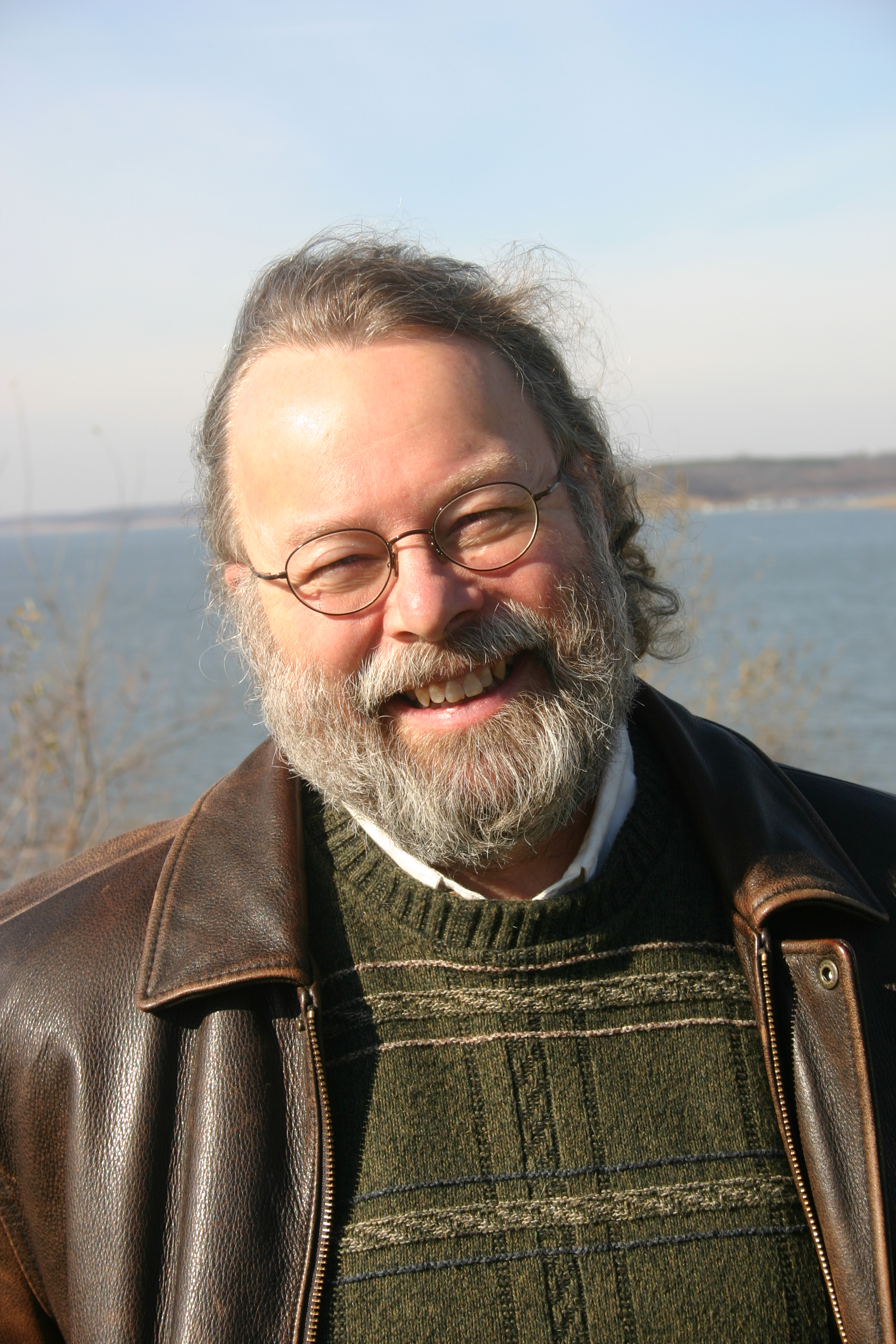
Three Poems
by Keith RatzlaffLike many of my generation of Mennonites, my introduction to “peace poetry” was Peter Ediger’s 1971 The Prophet’s Report on Religion in North America. Ediger’s flat, faux-Whitman lines and Blakean rhetorical stance defined for us what poetry should do. Once in a while I’ve wished my poems could reach Ediger’s level of outrage or political truth-telling. But I’ve also wondered if that idea of a poem “doing” something might not be a trap.
Public poets, as Richard Hugo calls poets like Auden (and by my extension, Ediger), “must always be more intelligent than the reader, nimble, skillful enough to stay ahead, to be entertaining so his didacticism doesn’t set up resistances.” That’s not to say there aren’t great, profound public poems—I’m thinking of the poems in Robert Bly’s The Teeth Mother Naked at Last, or Galway Kinnell’s The Book of Nightmares, both written during and against the Viet Nam war and at roughly the same time Ediger was raising his own voice. But that public voice, as Hugo points out, is hard to sustain. Even Bly writes that “by the end of the war, I felt some affinity gone in me, and I wanted to return to privacy rather than to go on judging, useful as judgment is.”
Which is to say, at least for me, that a poetry of peace or protest in the long run might not be declarative, but meditative; that poetry comes not from the relationship between writer and reader, but between writer and language. William Stafford said once that “every poem I have ever written is a quiet protest poem.” However much I might wish my work louder, more direct, more prophetic, more overt in the cause of peace, it’s Stafford’s attitude I’ve ended up sharing.
-
0
read more
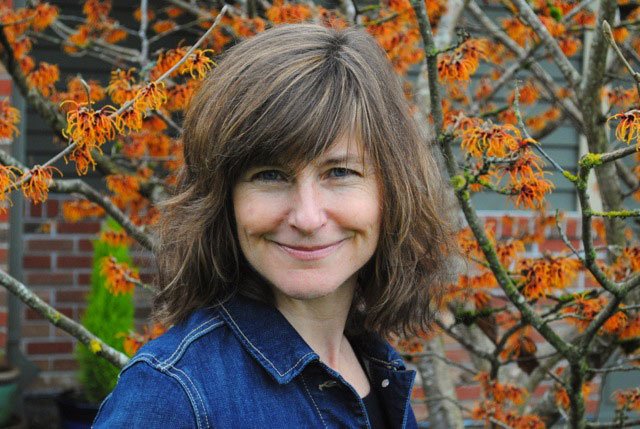
Nickel Mines
by Barbara NickelPeace is shattered. Years later, a small poem comes unbidden, its music unearthing the unseen, twisting time and space and perspective into an oh of grief, a catalyst for peace--
-
0
read more
Three Poems
by John Paul LederachA brilliant artist once said blessed are the peacemakers. In Spanish the phrase translates literally as on a good adventure are those who work for peace. In both English and Spanish the words work and make emerge from the Greek poíésis and an etymology that brings us the modern word poetry and which originally conveyed the idea of crafting something of high quality and beauty. Perhaps a combined translation would catch the spirit: “On a blessed odyssey are those who poetically craft peace.”
My formal education and professional training in peacebuilding prepared me to analytically understand and technically respond to human conflict. Precious little of that investment provided a foundation to poetically craft peace, or what we could call the heartflow that takes notice of the unspeakable, attends to the invisible, faces and names the ugliness of suffering while seeking to transform it toward the beauty of compassionate justice. In the hardened lands of violent conflict pax-poíésis gathers like dirt in sidewalk cracks, creating liminal seedbeds that birth the unexpected.
For many years as a peace professional I stopped writing poetry. Then poems crept in on the margins of “formal” work until they found a home at the center of how I envision the craft of moving between enmities. I watch for them now -- in conversations, in my musings and mutterings, in the lived experience, these seedlings of life that defy the barrenness of violence. I have included here several poems that I wrote in the months following 9/11. Three moments. Three countries. Three conversations.
-
1
read more
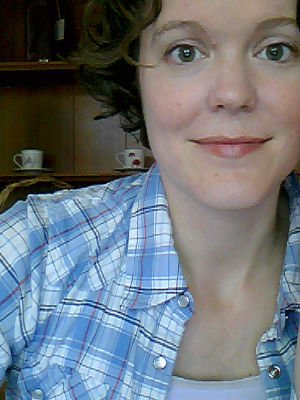
Flowers for Osama
by Michelle Webster-HeinShortly after September 11th, 2001, when I was a 21-year-old waiting tables in Jackson, Michigan, a single, dark complected man with a loose-fitting suit coat ambled into my section one evening and sat down. His clear diction was tinged with a Middle Eastern accent, and his manner was unusually gracious and respectful, so much so that, as a waitress, I immediately questioned his intentions. Was he working himself up to ask for my phone number? Was he planning to walk on his bill? He began with a large bowl of soup and a plate of biscuits and corn muffins. The …
-
0
read more

Touching a New Kingdom
by Jeff GundySermon given at First Mennonite Church, Bluffton, Ohio, 9/11/2011